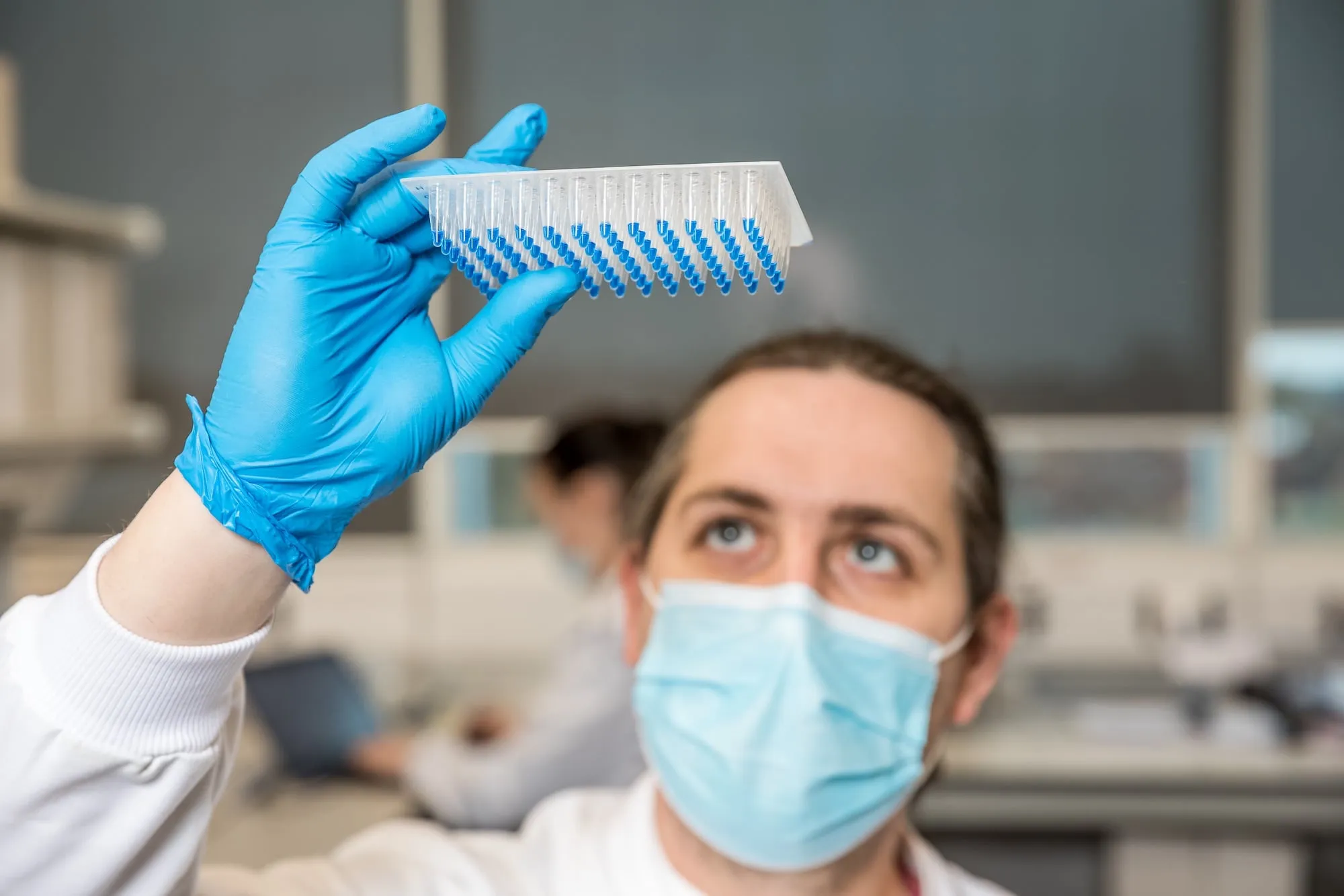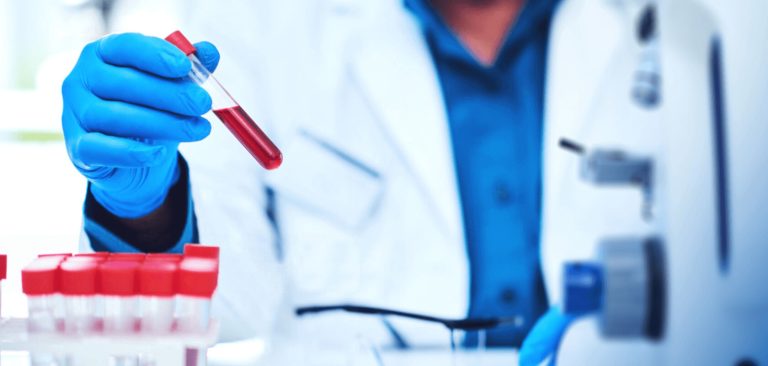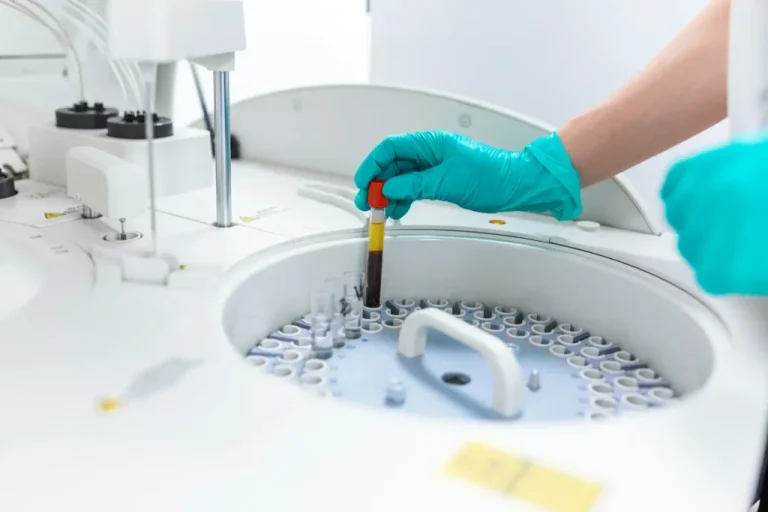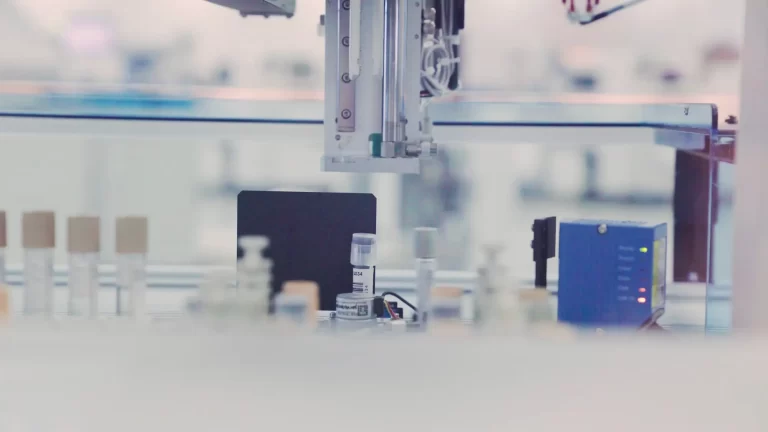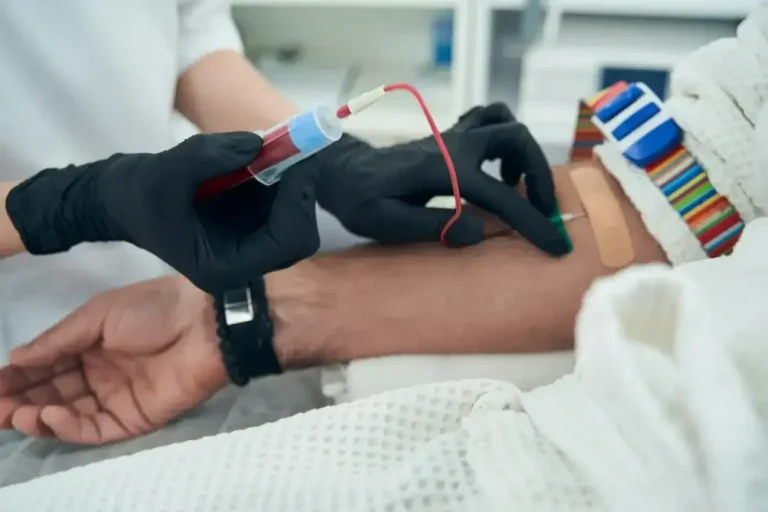EDX Medical Group plc (LON:EDX) Chief Executive Officer Dr Mike Hudson caught up with DirectorsTalk for an exclusive interview to discuss what the company does, their incredibly strong Board, hereditary cancer testing and when it will be available, and what investors can expect in the coming months.
Q1: Mike, could you first just give us a brief summary of what EDX Medical actually does?
A1: So, digital diagnostics is, as it sounds, really convergence of the diagnostic data that you need and delivering that now in the modern way digitally to doctors, carers, providers, so they can then use that information to move forward. It is the combination of the classic biological diagnostic information and delivering that in a very cost effective, secure, efficient way.
Q2: Now, I see that EDX has an incredibly strong Board for a company of its size, could you talk us through why that is?
A2: Firstly, it goes back to Sir Chris Evans and myself who met back in 1976 as undergraduates, in fact, and Chris and I have followed our own careers for the first 20 years.
He was very successful with his entrepreneurial activities, starting biotech companies in that first wave, and then we reconnected about 25 years ago. Since then, we’ve worked together on about a dozen early stage startup companies, taking very innovative ideas out of universities, hospitals, working with other entrepreneurs to bring our blend of science and commercialism into early stage companies. So, Chris and I build that on what is now an embarrassingly long personal relationship and about 25 years of professional working together.
Added to that, almost in the same club, is Trevor Jones, and Professor Jones, obviously best known probably for his pioneering work as the research director of Wellcome, but also having been a WHO ambassador, advised governments on the human genome, on the Genetics Board, the Medical Research Council. Trevor Jones has been a man who literally has done every job in the industry. He’s also worked with Chris and I, particularly Chris, for probably over 20 years on a number of companies.
So this has got very deep foundations through expertise and personal working together that’s really enjoyable for us.
Jason Holt, our chairman, we were lucky enough to be able to attract him from the aviation and logistics sector so independent chairman, completely from a fresh perspective, from an outside industry. Jason joined us at the beginning of the EDX journey with his own credentials and a very complementary team overall.
So yes, we’re extremely lucky. I don’t know how many hundreds of years one might be able to claim in terms of collective experience, but it’s a lot.
Q3: Now, as mentioned, some interesting news out on the strategy expansion of your cancer testing capability. Can you tell us more about the comprehensive hereditary cancer testing?
A3: Cancer, like a lot of diseases in truth, tends to accumulate or to occur in old age but there’s many factors as well that can influence that. So, if you think of when diseases occur, partly it’s to do with your genetic susceptibility, vulnerability. If you’ve got the genes, then you’ve been dealt those cards that mean you’re at increased risk. Your lifestyle choices, your age, then add to that picture, and eventually something triggers the disease.
Now, the genetic piece is obviously a really important underlying piece because that’s non-negotiable, by and large, at least within the gift of today’s science. So, it’s really important to know whether you carry that genetic risk or not because then you and your doctor or your advisors can make choices about how to best manage your condition or the risk of that condition. It is only a risk of the condition.
So, a lot of our work in recent years has been to do with working actually with cancer patients and their doctors and then you have to characterise in great detail what type of cancer have they got and how best to treat it. Now, that is all about real cancer when it’s there, and you’re against the clock often in those cases so that is cancer testing and characterisation.
The hereditary testing and the comprehensive testing is all about risk and being able to detect risk early and that gives options. It allows particularly family members of people who’ve had cancer in their family to get a much more accurate assessment of whether they are going to also be at increased risk.
This is an important area for us to be able to offer a comprehensive solution in because at this stage, you’re not talking about patients with a particular type of cancer who need help on how best to manage it and be treated, but really to help people plan their choices and their decisions. And it’s about risk.
So, a comprehensive test where we are able to look at the genes that are involved or associated or cause cancer, all different types, and to do that for an individual before they are even qualified as a patient in any respect is a really important contribution, I think. It will also help doctors and the National Health Service triage patients appropriately so it will recognise those that are at increased risk and be able to help prepare them in that process rather than pushing everybody into the late stage management, which is what causes the pain in waiting lists, both for patients and doctors, when you’re against the clock.
Hereditary testing is for the risk. They’re not even patients at that stage, but people who want to know that information and they’re practicing physicians, people that are caring for them, to be able plan what that risk is and do things that can either reduce it or mitigate it and delay it.
Q4: I guess the next question is when and where will the test be available?
A4: So EDX Medical, when we set the business out in 2022, really chose to focus only on products and services that translate to a clinical action. So, if it doesn’t make a difference, if you can’t do something with the information, quite honestly, it’s not that interesting for us. We only work in areas where we can make a clinical difference.
In that respect, handling the information and what to do with this information needs to really be needs to really be in the hands of healthcare professionals, people who’ve been trained and understand the implications and can help patients make good decisions jointly.
So, the first question is obviously a doctor needs to be involved, in our view, in these types of decisions, even to take a test and look for hereditary risk.
We will be making the product available during the latter part of the summer. In the UK, it’s a home market so it’s really important for us to get it right here. This product has got regulatory approval, it’s really a gold standard product.
The comprehensive test means that it does cover all of those genes that scientifically and clinically are known to have an association with cancer and therefore we can look at that risk.
So it’ll be through doctors, that can either be through a hospital doctor or a GP. It’s also going to be available privately and we will talk to a number of the big insurers to see whether they are going to include, let’s say, family testing or personal testing in any of their private healthcare policies going forward.
I would say we’ll see that in the UK via a doctor in the late summer, and we would hope that in a number of places, we’ll be able to provide business to business relationships as well. So, that under some of the healthcare plans that are now operating with private insurers or corporates, their staff and their team will be able to have access to this sort of testing.
Q5: What can investors expect from EDX Medical in the coming months?
A5: Well, firstly, we laid out our strategy, which I think in this day and age is quite interesting in terms of a biotech company, because we don’t have a single product or a single technology that we’re claiming is better than anybody else’s. We listen really closely to what doctors have been asking for and what the payers of healthcare systems have been asking for, which is, can’t we detect diseases earlier? Can’t we treat them better? Can we make medicine more of a personal experience?
Because if we do that, everybody believes and there’s quite a lot of data to support it now, that you will deliver better outcomes, and you’ll actually be able to do it for less money. So, we’re part of that journey and we’re enabling that journey by the provision of our products.
We always said, firstly, this is not just about one product so we offer access and support for a range of products, starting from just looking at the risk through to those products that enable you to do a really deep dive on all of your genes, for example. If a doctor wants that level of information, then there’s nowhere better to come than to get that through us.
As we go forward, you’ll therefore hear us talking about more products. We will never stop on that journey, that search for getting the best products, developing them, bringing them into the market.
You’ll also see us expanding our geographic reach so we are already expanding into the Nordic countries, and obviously Europe, we see as our home market, albeit the fact that the regulations are a little bit different now for us after Brexit but that’s no impediment to our ambition.
So I would say watch this space. This is the start of an exciting journey. There’ll be more products, there’ll be more territories, and there will be more relationships because we’re a business that’s very much about partnerships as well in terms of what we bring to the party.


